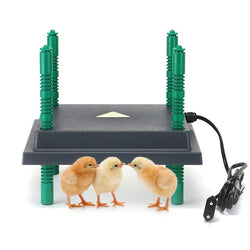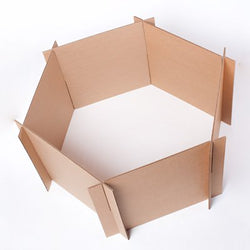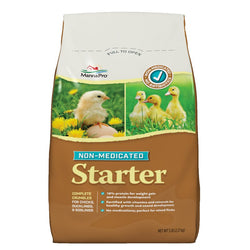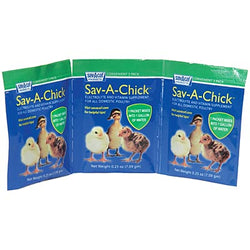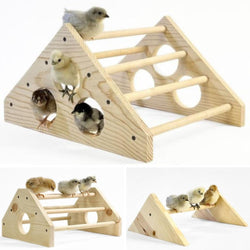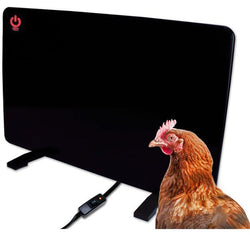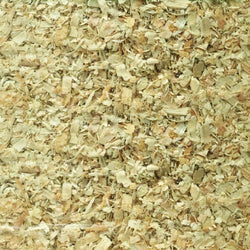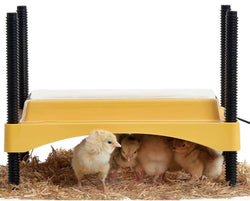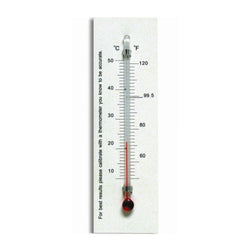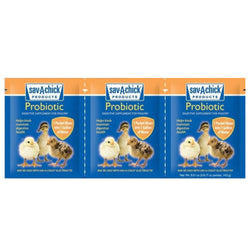Will the chicks I buy from you be related to each other? I want to breed my rooster with my hens, so I don't want them to be related.
Back to blog
Our breeding flocks are very large. We can't know which chicks hatch from which eggs. Even if we could, we don't keep track of which hen laid which egg, and we can't know which rooster fertilized which eggs, either. However, if you purchase birds from My Pet Chicken or some other major hatchery, generally speaking you can probably presume that the flocks are large enough to breed your birds together at home. Hatcheries understand that's what people want to do, so they keep breeding flocks with plenty of genetic diversity for breeding future generations.
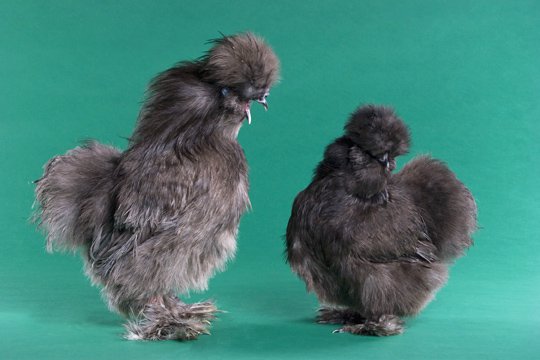
If you purchase birds from a breeder, they generally have vastly smaller flocks than do hatcheries, so depending on the breeder, you may want to get birds from two different lines (two different breeders) to begin with... or not, if you don't see any breeding problems. Keep in mind that "line breeding"--breeding a rooster or hen to its own offspring--is actually one of the most important ways breeders improve their birds. They breed an outstanding example of a bird into their flock, and then every so often bring in a new "line" to make certain there is enough genetic diversity. Hatchery stock from major hatcheries is so diverse, seeking out new lines will not likely be an issue for you for several years. This is especially true with very common breeds like Orpingtons, Rhode Island Reds, Wyandottes and so forth. This is because they're popular to keep, so the breeding flocks have to be especially large to keep up with demand.
No matter where you choose to get your birds, after several generations of having a "closed" flock at your home, you will probably want to introduce new genetic material via a new rooster at the least, and possibly some hens as well. It may take a few generations to even be able to identify flaws you want to address.

If you purchase birds from a breeder, they generally have vastly smaller flocks than do hatcheries, so depending on the breeder, you may want to get birds from two different lines (two different breeders) to begin with... or not, if you don't see any breeding problems. Keep in mind that "line breeding"--breeding a rooster or hen to its own offspring--is actually one of the most important ways breeders improve their birds. They breed an outstanding example of a bird into their flock, and then every so often bring in a new "line" to make certain there is enough genetic diversity. Hatchery stock from major hatcheries is so diverse, seeking out new lines will not likely be an issue for you for several years. This is especially true with very common breeds like Orpingtons, Rhode Island Reds, Wyandottes and so forth. This is because they're popular to keep, so the breeding flocks have to be especially large to keep up with demand.
No matter where you choose to get your birds, after several generations of having a "closed" flock at your home, you will probably want to introduce new genetic material via a new rooster at the least, and possibly some hens as well. It may take a few generations to even be able to identify flaws you want to address.
